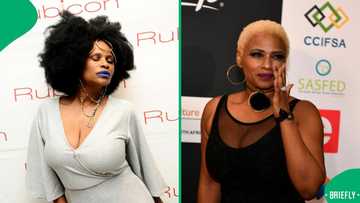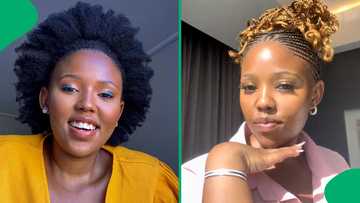Popular Egyptian words and meanings you will love to know
The Ancient Egyptian language can be described as multi-layered with several words and phrases. Over the years, the language has survived changes due to the rise and fall of the Egyptian dynasties. However, some famous Egyptian words are being used to date.
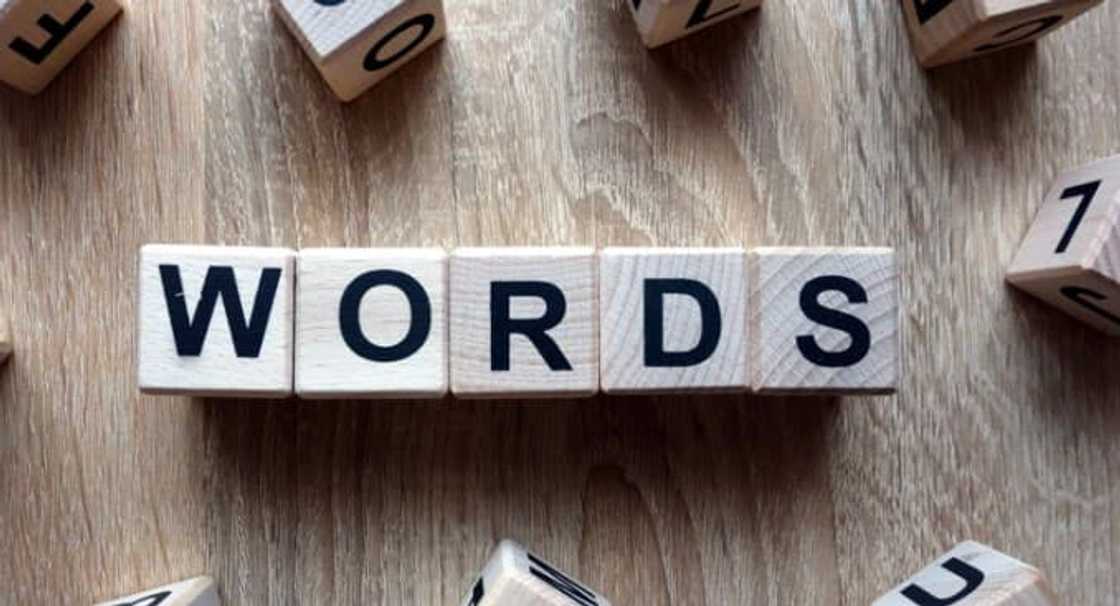
Source: UGC
Regardless of the mass destruction and wars among different communities, words have always remained paramount. They are the gatekeepers of the community's cultural heritage and revivers of their history. The Egyptian words have religiously served this purpose, as seen in their famous words and meanings.
Egyptian words and meanings
Do you know how to pronounce Egyptian words? It is challenging to understand how Egyptian words are pronounced since it ceased to be a spoken language by the 17th century. Here is a list of numerous Ancient Egyptian words and phrases coupled up with their meanings.
Basic Egyptian words and phrases
The basic Egyptian words and phrases are the terms used on a day-to-day basis and refer to the commonly used items. For instance, how do you say hello in Egypt or what is the Egyptian word for king are some of the basic terms and phrases you should know. Here are some of them:
- Salaam ‘aleikum - Hello (basic greeting) -
- Ma’a salaameh - Goodbye
- 3aamil eh? Izzayak? Eh akhbaar? Akhbaarak eh? - How’s it going?
- Kwayyis, kullu - Fine
- Tamaam or alhamdulillah - Everything’s good
- Ba3d iznak (or iznik to a female) - Excuse me
- Salaam aleikum - Sorry (bumping into a woman if you’re a man)
- Law samaht - Pardon me
- 3yiiz a’ool lak ba3d iznak - Excuse me, I want to tell you something
- Ya usta! - Hey, driver!
- Hadritak - sir!
- Eh dah min fadlak? - What’s this, please?
- Bikam dah? - How much is this?
- Ana ayiiz - I want
- Ghaali ‘awwi! - It’s too expensive!
- Ktiir awwi! - It’s so much!
- Ana badfaa - I will pay
- Aywa, tab3an - Yes, of course
- La, aasif - No, sorry
- Mumken - May I
- Min fadlak - Please
- Mumken akhud Surah hina? - May I take a photo here?
- Mumken ashuuf min fadlak? - May I look, please?
- Momken adkhul min hina? - May I go in from here?
- Ana ayiiz ashuuf bas - I just want to look
- Alf shokr - A thousand thanks
- Fayn dah, min fadlak? - Where is this?
- Baruuh zayy kida? - I go this way?
- Ala Tuul - Straight ahead
- Khallas! – Finished, It’s over, I’m done
- La, ana mish mihtaag dah - I don’t need this
- Ana mish aaarif/aarfa - I don’t know
- Itfaddal/itfaddali - Please go ahead! Or please sit! Or please take this!
Beautiful Egyptian words
Ancient Egyptian terms range from names of places, objects, and occurrences. Here are some cool Egyptian words and phrases accompanied by their English translations.
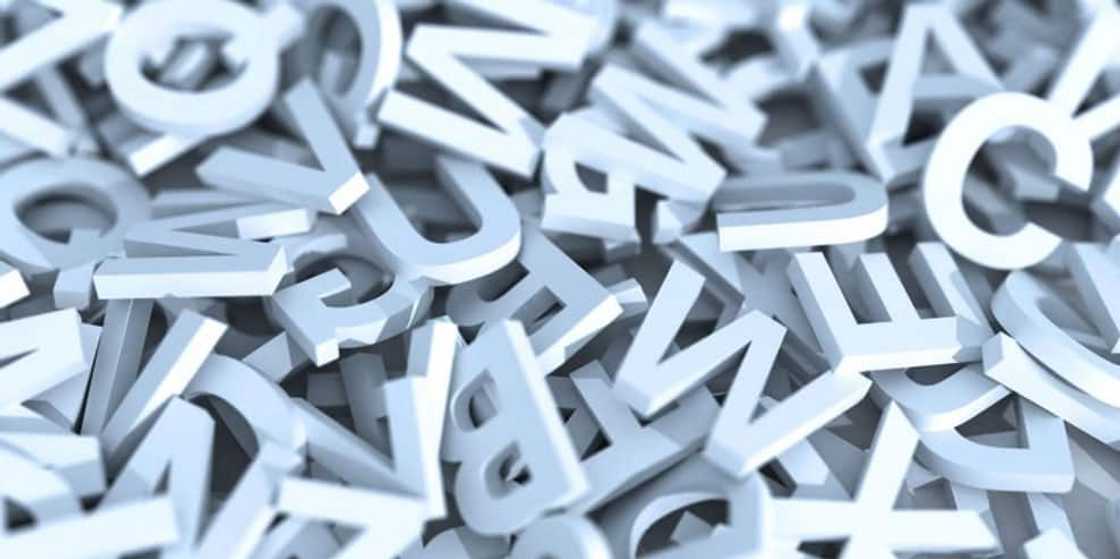
Source: UGC
- Aywa - Yes
- La’a - No
- Shukran - Thank you
- Ana esifa - I’m sorry
- Ana mabtkalmsh araby - I don’t speak arabic
- Ana msh fahem - I don’t understand
- Ahwa - Egyptian coffee house or coffee
- Ankh - Hieroglyphic sign for life resembling a looped cross
- Al mawt - Egyptian word for death
- Apis - Sacred bull of memphis
- Bab - Gate or door
- Baksheesh - Tip, gratuity
- Cartouche - An oval-shaped, hieroglyphic label bearing the pharaoh or god’s name
- Corniche - A road along a bank of the nile
- Etkalem bebote’, mn fadlak - Please, speak slowly
- Ya’eni eh - What does it mean?
- Momken tsa’edny - Can you help me?
- Ezayak? - How are you?
- Marhaba - Welcome
- Ahlan - Hi
- Sabah el kher - Good morning
- A’amel eh - How are you doing?
- Yomak sa’aed - Have a nice day
- Masa’a el kher - Good evening
- Salam - Goodbye
- Mayyah - Water
- Reeh - Wind
- Sakan - House
- ‘utta - Cat
- Bitaea-i - Mine
- Faar - Mouse
- Kumbyootar - Computer
Coptic-derived ancient Egyptian terms
Here are some of these words.
- Aragouz - The vocalist or the man of words
- Em Bou - Baby talk for water
- Oppa - Baby talk meaning to carry a child
- Mebalem - A dull face with no expression
- Bekh - peek-a-boo child game
- Kersh - A big belly
- Balbous - Naked
- Shwaya - A little bit
- Shekara - A big sack
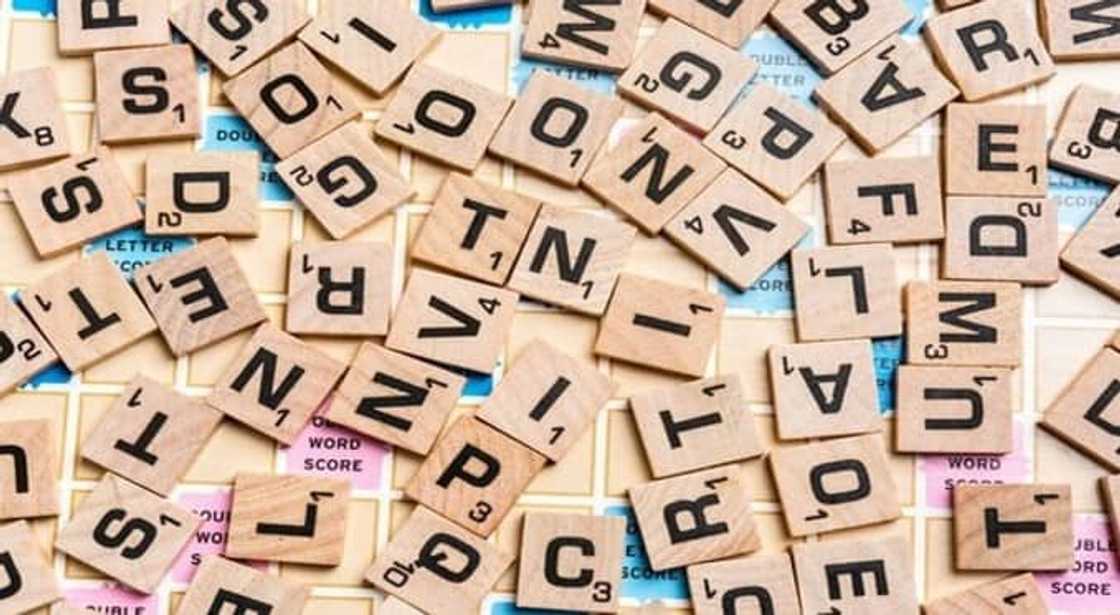
Source: UGC
- Mout - Death or the loss of life
- Dabous - A pin derived or to pinch
- Foul - Beans
- Falafel - Fried chick pea patty
- Nounou - Baby or infant
- Mashi - Walking or moving
- Fouta - Towel
- Mastaba - Mudbrick, bench-shaped structure above tombs
- Midan/meadan - Town square
- Mihrab - Niche in a mosque that indicates Mecca’s direction
- Moulid - The birthday of a saint or holy man
- Muqarna - Stalactite-like stone carving used in Islamic decoration
- Pronaos - Porch with columns leading to naos
- Pylon - Monumental gateway to a temple preceding a court
- Qasr - Fort or castle
- Shari’ - Road or street
- Sheesha - Water pipe used for smoking
- Souq - Bazaar or market place
- Hammam - Traditional bathhouse
- Hypostyle - A chamber with a ceiling supported by columns
- Khanqah - Sufi community residence
- Khedive - Egyptian viceroy during time of Ottomans
- Kuttub - Quranic school
- Madrasah - A school but often attached to a mosque
- Mashrabiyya - Intricately carved wooden screen or panel
Egyptian words for love
Different cultures and countries have varying ways of saying I love you or generally expressing love. Egyptians are known for being passionate and loving. They can tell someone they love them without actually using the phrase; I love you. Here is a list of ancient Egyptian words for love they use.
- Habibi or Habibti - My Love
- Hayati, ya hayati - My Life
- Rohi - My soulmate
- Albi - My heart
- Ameli - My hope
- Wahashtini - I miss you
- Ya Amar - The moon
- Ana Bahebak or Ana Bahebik - I love you
Egyptian words have played a significant role in preserving the culture of their people. The Egyptian's use these words on a day-to-day basis, hence the need to have a good understanding of them.
Briefly.co.za shared a comprehensive list of 100+ best Swahili names for babies and meanings. Swahili is a beautiful native language in East Africa's coastal parts, which comprises a better part of the continent.
Most parents from this wing of Africa and other parts of the world prefer Swahili to English names for their deep meanings and traditional significance.
Source: Briefly News


